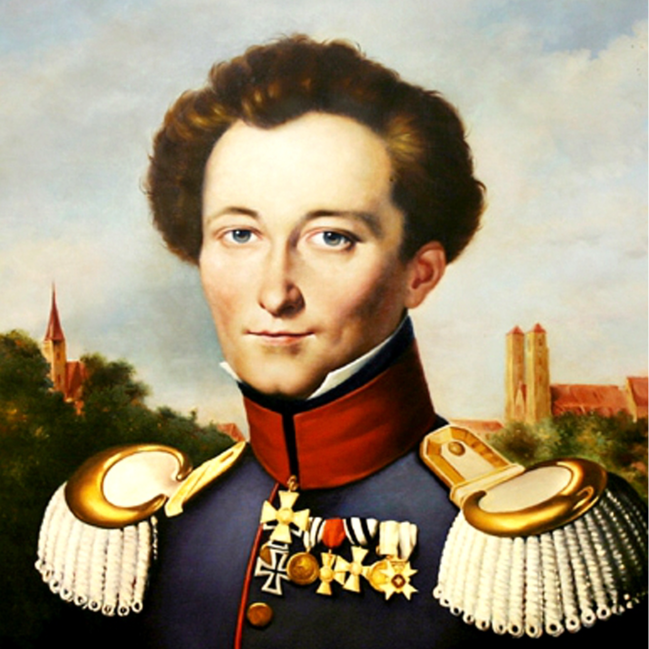Character of the Strategic Defensive
by
September 25th, 2023
Audio Presented by

Carl Philipp Gottfried von Clausewitz was a general and military theorist who stressed the "moral", in modern terms.
About Author
Carl Philipp Gottfried von Clausewitz was a general and military theorist who stressed the "moral", in modern terms.
